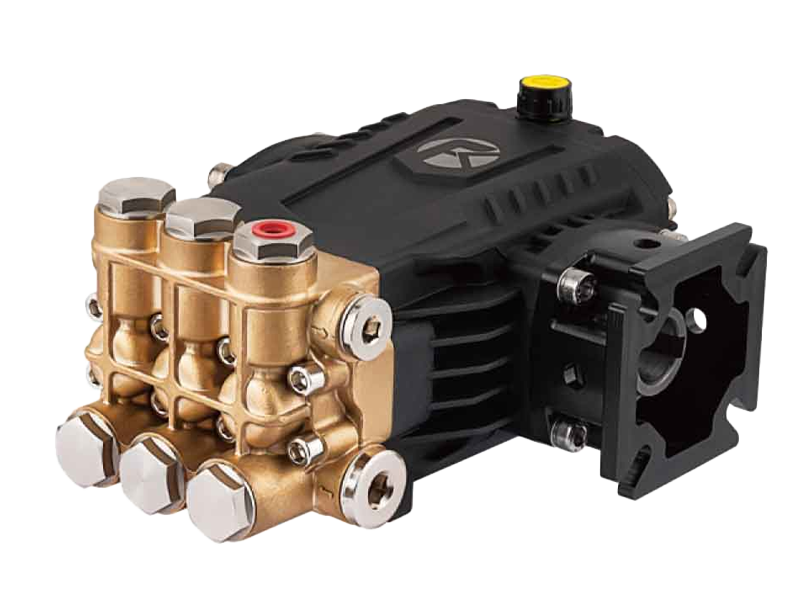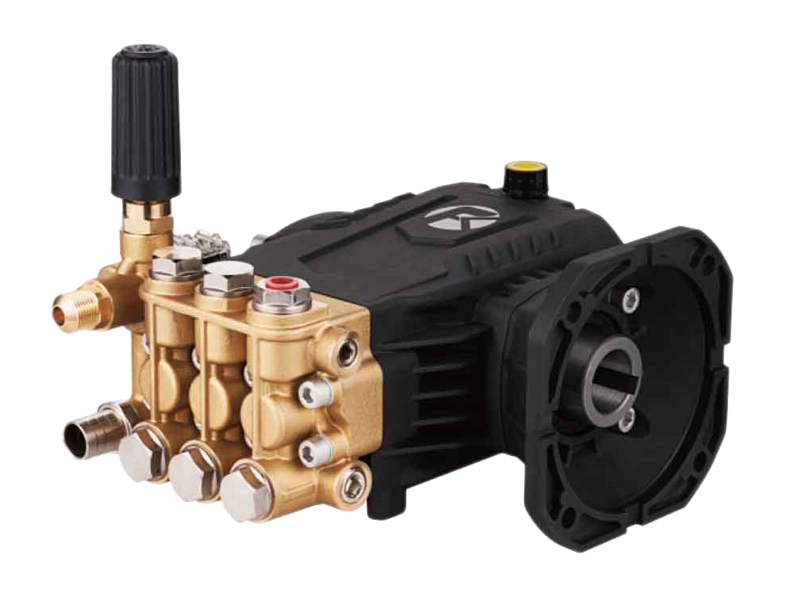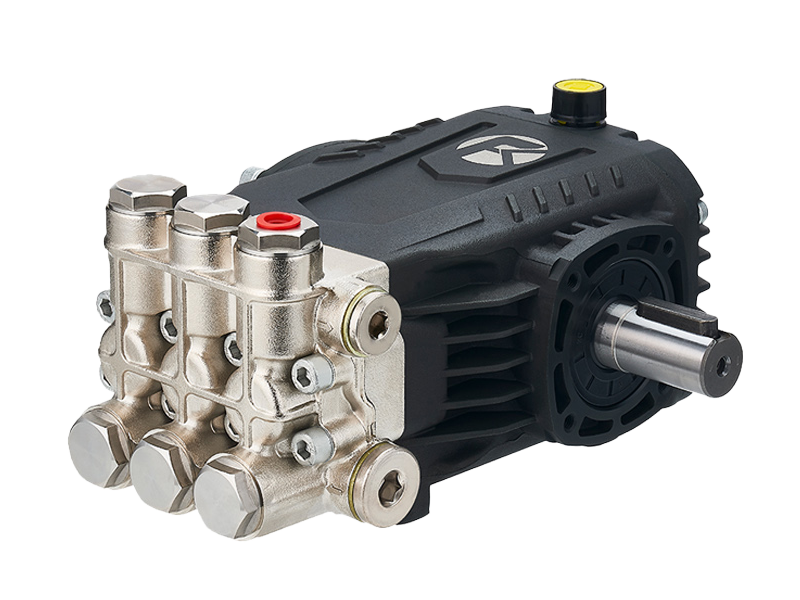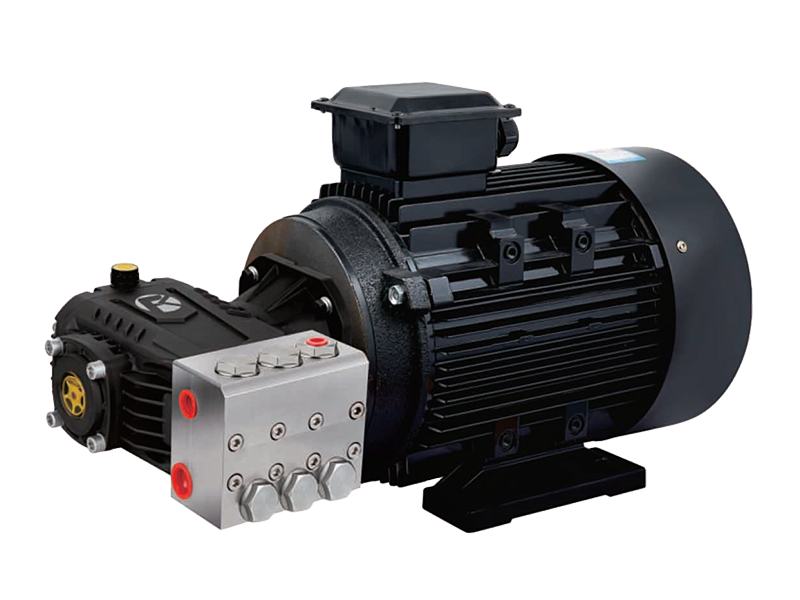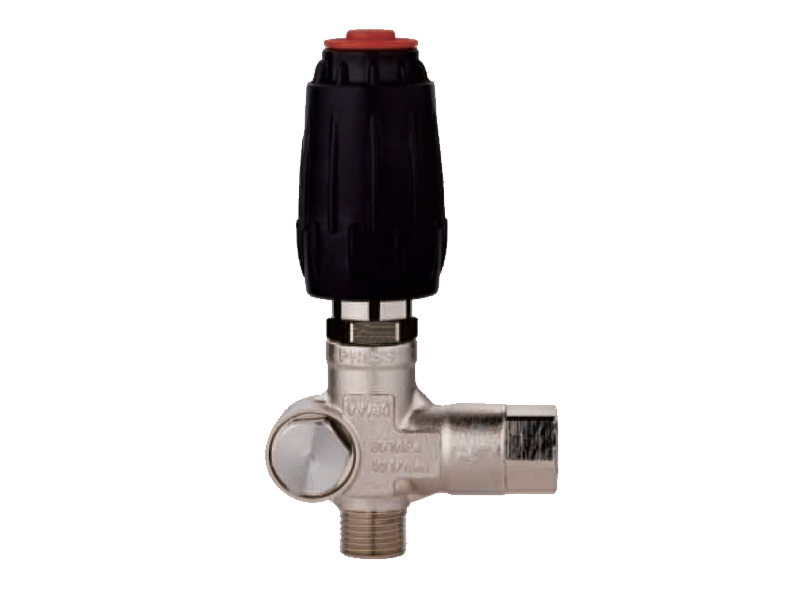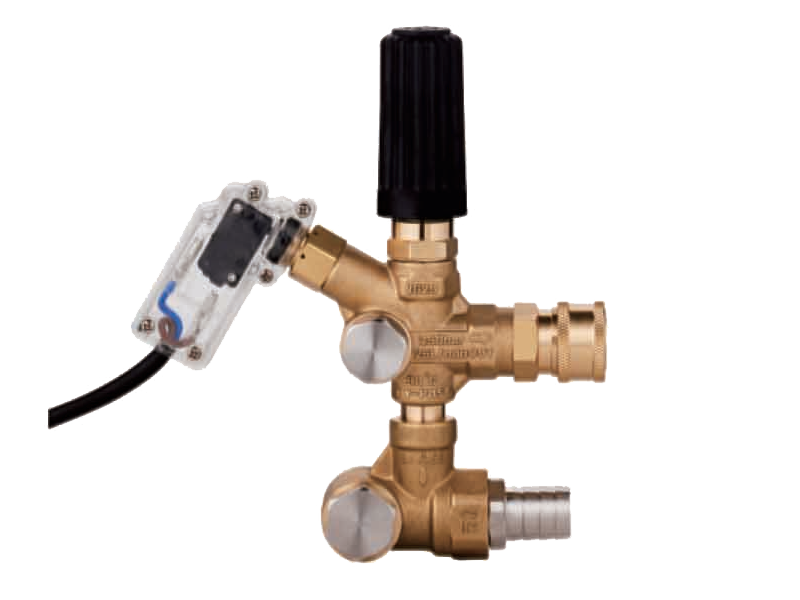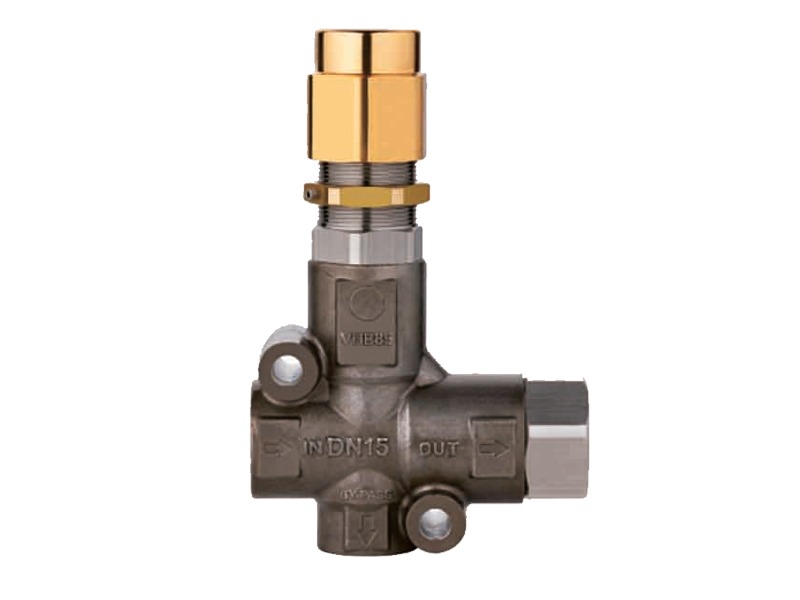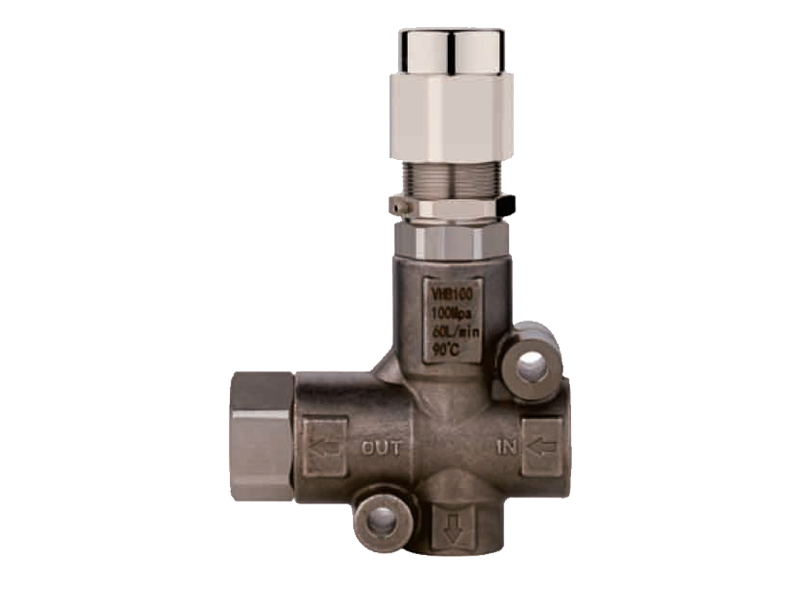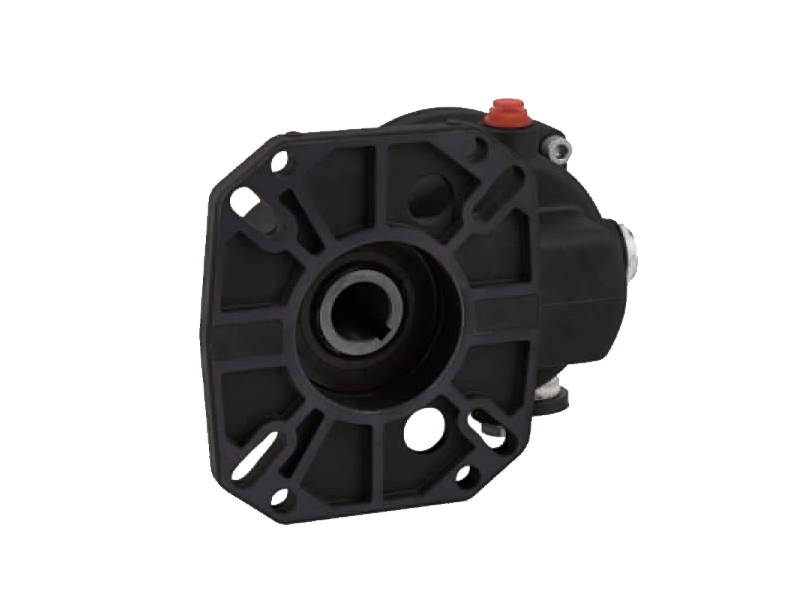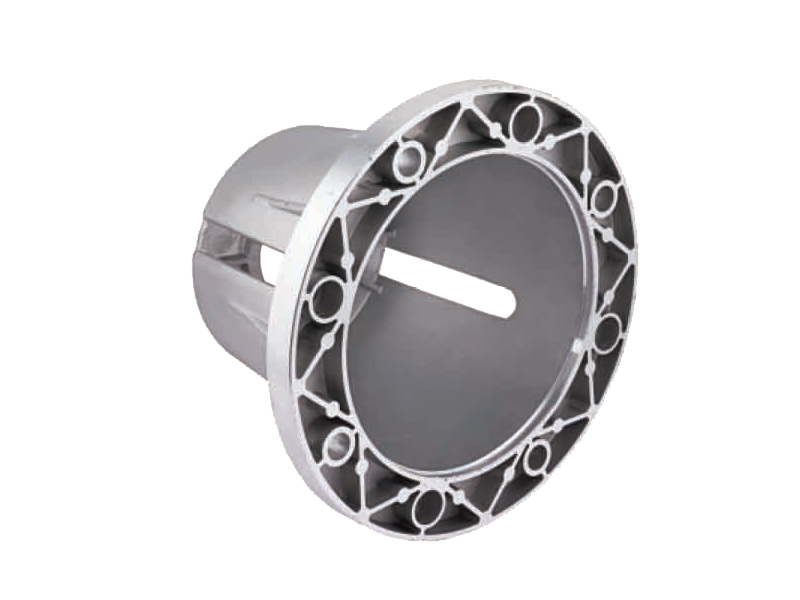Why Pressure Washer Nozzles Tend to Wear Out
Pressure washer nozzles are essential components in high-pressure water cleaning systems. They control the flow and direction of water, ensuring the efficient cleaning of surfaces by delivering concentrated jets of water. However, these nozzles often wear out more quickly than expected, causing reduced performance in the water pressure washer nozzle system. When a nozzle becomes damaged or worn, it can cause a dispersed or uneven water jet, diminishing the overall cleaning effectiveness. So, why do pressure washer nozzles experience wear and tear at such a rapid rate? Let's take a closer look at common reasons.

1. High Temperatures Affecting the Pressure Washer Nozzle
Pressure washers operate at high temperatures, especially when used for extended periods. If a water pressure washer nozzle is subjected to high temperatures consistently, it can cause the materials that make up the nozzle to soften. Over time, this softening can cause physical damage, such as cracks, warping, or general degradation of the nozzle's material. As a result, the pressure washer spray nozzle tips will no longer perform at their good level, cause less effective cleaning. heat can also make the nozzle more vulnerable to chemical reactions with cleaning agents, contributing to faster wear.
2. Corrosion Due to Harsh Chemicals
Many commercial pressure washing applications involve using chemical cleaning agents to tackle stubborn stains, dirt, or grease. These chemicals can be corrosive, especially if they are harsh or acidic. If these chemicals come into contact with the metal or plastic components of the water pressure washer nozzle, they can begin to break down the material over time. Corrosion weakens the structure of the nozzle, making it prone to cracking or complete failure. As corrosion progresses, the water flow through the nozzle may become inconsistent, cause an uneven water jet and poor cleaning performance. In addition, corrosive damage may cause the need for more frequent replacements of the pressure washer spray nozzle tips.
3. Clogging and Obstructions in the Nozzle
Another common issue with pressure washer nozzles is clogging. If the nozzle is exposed to dirt, debris, or chemical buildup, these materials can accumulate inside the nozzle or around the nozzle's edges. Over time, this accumulation causes blockages that prevent the nozzle from functioning properly. A clogged nozzle can disrupt the spray pattern and reduce the overall pressure of the water jet. As a result, the high-pressure cleaner becomes less effective, and more energy is needed to achieve the desired results. Regularly checking and cleaning the nozzle can prevent these blockages, ensuring good performance from the pressure washer nozzles.
4. Accidental Damage and Misuse
Accidents can also cause damage to pressure washer nozzles. While most nozzles are designed with safety features, such as a concave shape, improper handling or misuse can still cause physical damage. For example, if the nozzle is dropped or knocked against hard surfaces, it can become misaligned or even cracked. Additionally, if the wrong pressure washer spray nozzle tips are used for specific tasks, they can become damaged more quickly. A nozzle that is too large or too small for the intended task may not deliver the correct water flow, causing unnecessary wear. To prevent such damage, it is essential to always use the right nozzle and to follow proper maintenance procedures.
5. Erosion from High Water Pressure and Contaminants
One of significant causes of nozzle wear is erosion, which occurs when high-pressure water continuously flows through the nozzle. The intense pressure can gradually wear down the nozzle material, especially if the water contains impurities or abrasive particles. Erosion is particularly problematic when pressure washer nozzles are used with hard water or chemicals that can accelerate the process. The metal surface of the nozzle may start to deteriorate, which can cause a decrease in the nozzle's ability to maintain a consistent water flow. As erosion continues, the pressure washer nozzle hole will enlarge, causing a reduction in water pressure and an irregular spray pattern. In the long term, this can reduce the overall performance of the high-pressure washer system.
Proper Care Can Extend the Life of Your Pressure Washer Nozzles
Understanding the reasons behind pressure washer nozzle wear and tear can help you take the necessary steps to extend the life of these essential components. Regular maintenance, including cleaning, inspecting for corrosion, and replacing nozzles as needed, can ensure your pressure washer continues to perform at its best. Additionally, using the correct pressure washer spray nozzle tips for specific cleaning tasks and avoiding excessive heat or corrosive chemicals can also protec


 English
English Español
Español русский
русский